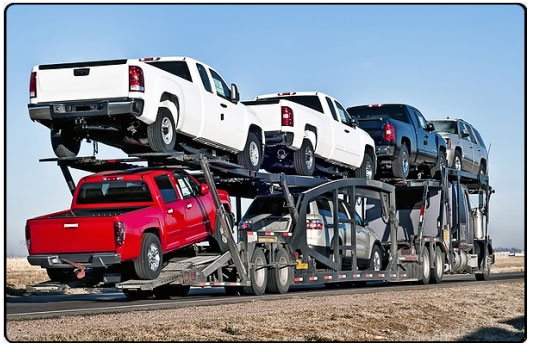Shipping Cars – Auto Transport Insurance And Security Options
When going through an interstate move, car shipping companies can be very helpful. If you don’t know much about shipping cars, then doing so can be a stressful job. Below is some information on auto transport insurance.
Insurance is not just an afterthought when it comes to shipping your auto. In fact, it should be one of your primary concerns when shipping a vehicle interstate. No one expects to hear that their car was damaged in an accident while being transported, or to find out at the end of the trip that it was heavily damaged by careless loading and unloading. If one of this situations should arise, though, you will suddenly realize the importance of making sure the monetary value of your vehicle is insured by a reliable company. We recommend getting a quote from https://www.shipcaracrosscountry.com/.
Insuring your vehicle does not necessarily mean paying more money. In fact, your existing auto insurance policy might include insurance during shipping. Check with your insurance provider and find out exactly how your vehicle needs to be shipped in order to comply with the policy’s terms. If you are shipping with a large, well-known long distance moving company, the likelihood is that full insurance coverage through a dependable insurance provider is included in the price of your job.

Don’t assume anything, though. Ask to see the complete information about the transport company’s insurance policy, and make sure the insurance information is on the documents that you sign before and after the transport. Another important detail to know about is whether or not you would be responsible for a deductible in the event of a claim.
The trickiest situation arises when you decide to ship through a transport company that does not carry insurance, or when you rely on a friend to provide your shipping. No matter how much you trust the person shipping your car, you need to get it insured in case an accident happens. Otherwise, you will no way to get reimbursed for the damage. Find an insurance company that will sell you a short-term policy for the move, and be sure to adhere to any regulations that the company imposes.
Even when you are sure your vehicle is adequately insured, take the precaution of inspecting your vehicle before the trip and taking documentation photos. After the car is back in your custody, but before you sign the final papers, conduct your own thorough inspection of it to confirm that it is in the same condition it was in before shipping. Your bill of lading will have a section for noting any shipping damage, which can later be reimbursed to you through an insurance claim. However, if you sign the bill of lading and later find damage, it will be extremely difficult for you to make a claim.
